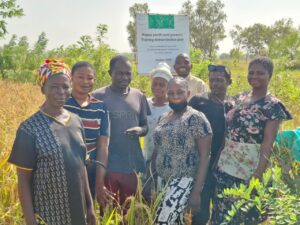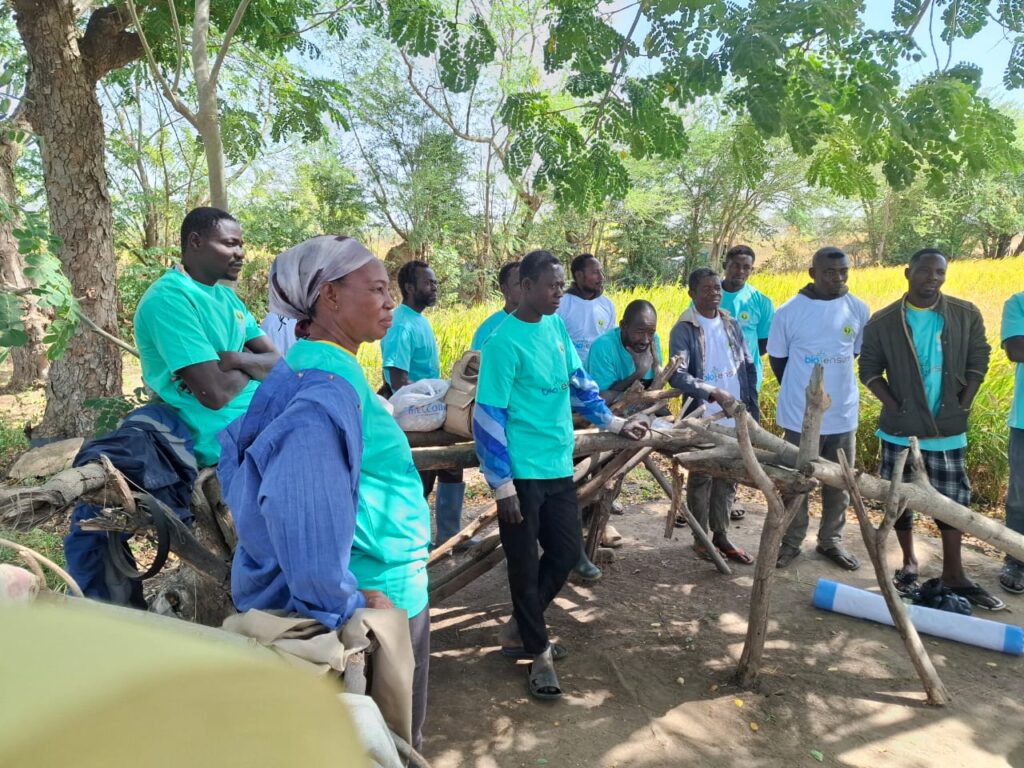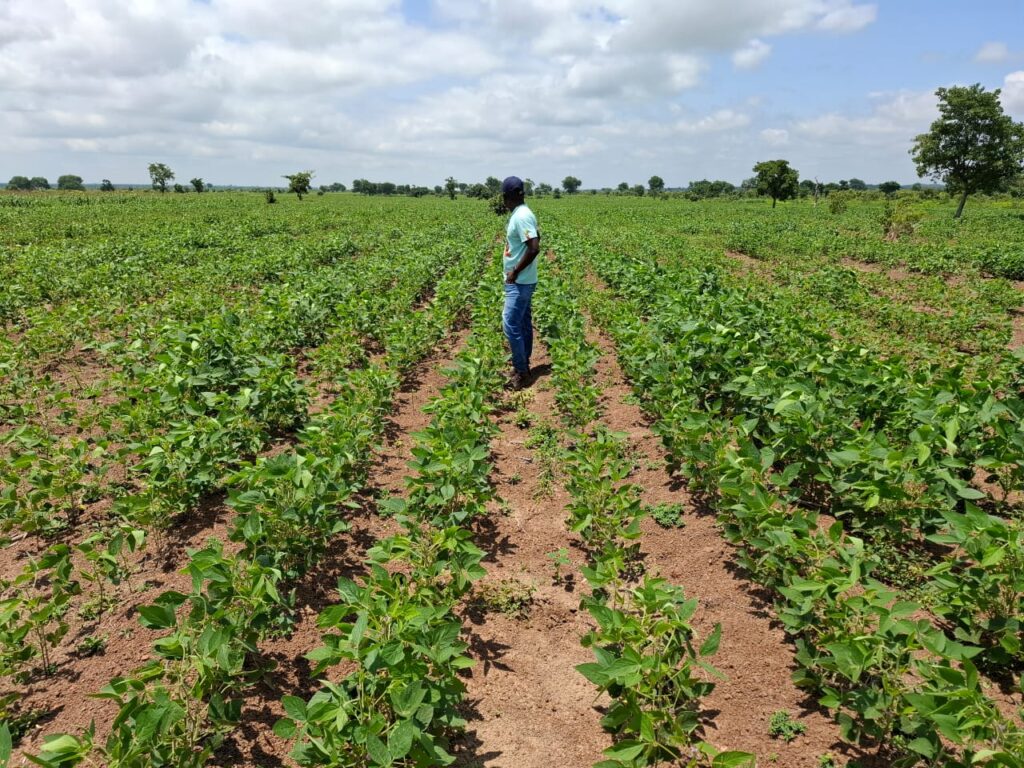
CONCEPT NOTE
Phase 2 of the Food Ensure Ghana Project
Title: Enhancing Soil and Plant Health for Sustainable Crop Production Through
Biochar-Endophyte Synergy in the Savannah Zone of Ghana


- Background
Following the successful implementation of Phase 1 of the Food Ensure Ghana Project,
launched in 2022 by AC Research Services in collaboration with Adaptive Symbiotic
Technologies (AST), Seattle, USA, the project is now entering its second phase. Phase
1 focused on introducing smallholder farmers to climate-smart biological fertilizers —
BioEnsure® and BioTango® — which improved drought tolerance, nutrient uptake, and
overall crop performance. Yield increases ranged between 34% and 129% across
piloted farms from the 2022 to 2024 crop season.
Phase 2 will build on these successes by incorporating biochar, a locally producible soil
amendment made from agricultural waste. Field trials in collaboration with the University
for Development Studies have demonstrated the synergistic benefits of combining
biochar with endophytes to improve soil chemical properties, soil structure, moisture
retention, and crop productivity. - Rationale
While the use of endophytes proved highly effective, further improvements can be made by
integrating biochar, a carbon-rich soil amendment made from agricultural waste, into the
system. Given these promising results from our research trial with the University for
Development Studies, Department of Horticulture, Phase 2 seeks to scale these innovations
through on-farm trials and demonstrations with smallholder farmers across the Savannah Zone
of Ghana.
Ghana’s Savannah Zone covers seven (7) administrative regions which include; Upper
West, Upper East, North East, Northern, Savannah, Bono East, and Oti regions— is
particularly vulnerable to climate change, with high temperatures, low rainfall, and
declining soil health. Smallholder farmers in these regions require sustainable,
affordable solutions to improve their yields and soil productivity. This project will provide
practical field-based evidence on the benefits of biochar-endophyte integration and
equip farmers with the knowledge and skills to adopt these practices.